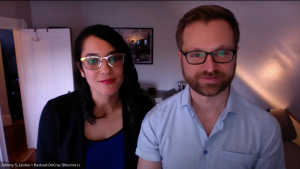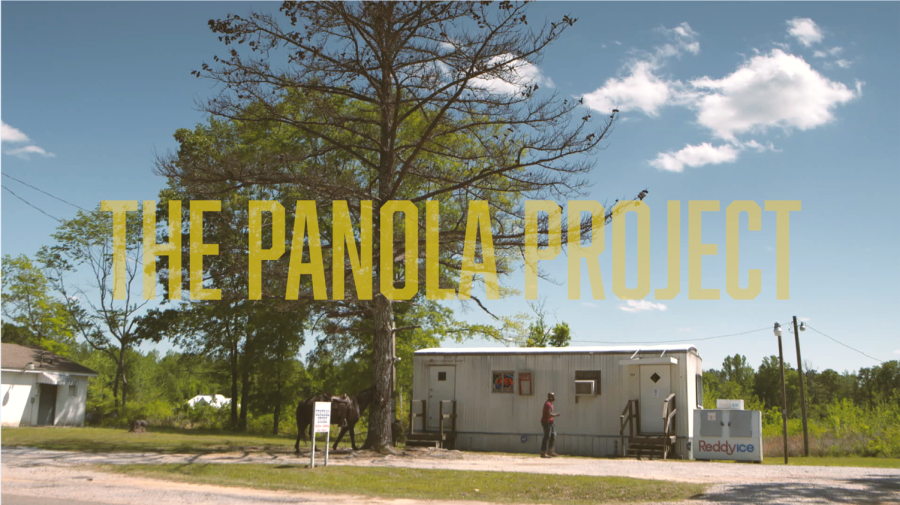Sundance: Directors of Short Film ‘The Panola Project’ on Highlighting Community Activist Dorothy Oliver
January 27, 2022
In August 2021, The New Yorker published “An Alabama Woman’s Neighborly Vaccination Campaign” featuring short documentary “The Panola Project,” which follows Dorothy Oliver’s efforts to vaccinate her small Alabama community. After winning awards at several film festivals, and now a selection for the 2022 Sundance Film Festival, the film’s directors Rachael DeCruz and Jeremy S. Levine speak to the hope the project has given many during the pandemic.
Discovering Dorothy
“The Panola Project” opens on Oliver, maintaining her small general store, calling neighbors and community members one by one to see if they’ve protected themselves against COVID-19 by getting vaccinated. With the help of county commissioner Drucilla Russ-Jackson, she starts collecting the names of people who would take a vaccine if they could offer it closer to home. With nearest vaccination sites miles away, and some community members without cars, Oliver’s work bridged a gap for access to public health.
As she worked her way through every individual in her community, news of her efforts spread. DeCruz tells me about how she and Levine were living in Tuscaloosa, AL in early 2021. Having watched the political unrest following the Jan. 6 insurrection and the slow vaccine roll-out in the United States, they were looking for “a story that can offer some hope and inspiration,” she said.
The directors called the phone number listed for Oliver and found it was out-of-date, so they made the drive to Panola themselves. Together, they laugh about that first interaction with Dorothy — three hours of conversation after not seeing “anyone but their cat” in isolation.

Hometown Heroes
In its 16-minute run time, “The Panola Project” packs a punch. It’s not a tale of pandemic despair or struggle, but one of joy. From scoring and editing that focus on this positive and active community leader, Dorothy’s energy is captivating.
“The theme of our lives right now is #EverybodyLovesDorothy,” DeCruz said. And it’s true — Oliver’s laughter and kindness are the cruces of the film, and the role she plays in providing for her neighbors is honest, but not uncommon. “There are so many countless heroes who are doing this work day-in and day-out. Dorothy is a special case, but she’s not alone,” Levine said.
Lessons in Community
Deeper still in DeCruz and Levine’s short is a lesson in community. In following Dorothy around, the two directors latch on to the way that she approaches the difficult conversations surrounding the coronavirus with understanding, non-judgment and love. “I’ve never seen somebody be able to change people’s minds like Dorothy and Miss Jackson,” Levine said.
Still, that conversation is moot without addressing the systemic gaps that Dorothy rose to fill in the first place. Dorothy is an icon and has received recognition for her efforts in Panola being named “Best of Womankind” and receiving a nod from Dr. Anthony Fauci. In Levine’s eyes, “The Panola Project” centers a story about the “incredible power of Black women stepping in to fill the holes left by government,” he said.
“The Panola Project” does not revolve around vaccine skepticism or hesitancy or resistance, but access. It speaks to finding a way, whether you live in a small rural community and can’t drive 40 miles to the nearest vaccine site or if you live in an urban area and are struggling to access testing.
So, where next? There is currently a petition to get Oliver a presidential medal, and DeCruz and Levine have started work on a new feature film. I asked them whether it would be in a similar vein to their work on “Panola,” to which DeCruz affirmed and Levine quipped in ode to Dorothy, “With persistence and patience and perseverance, we can move people.”








